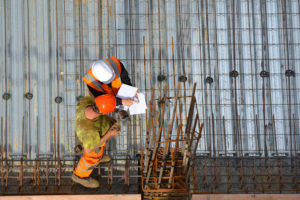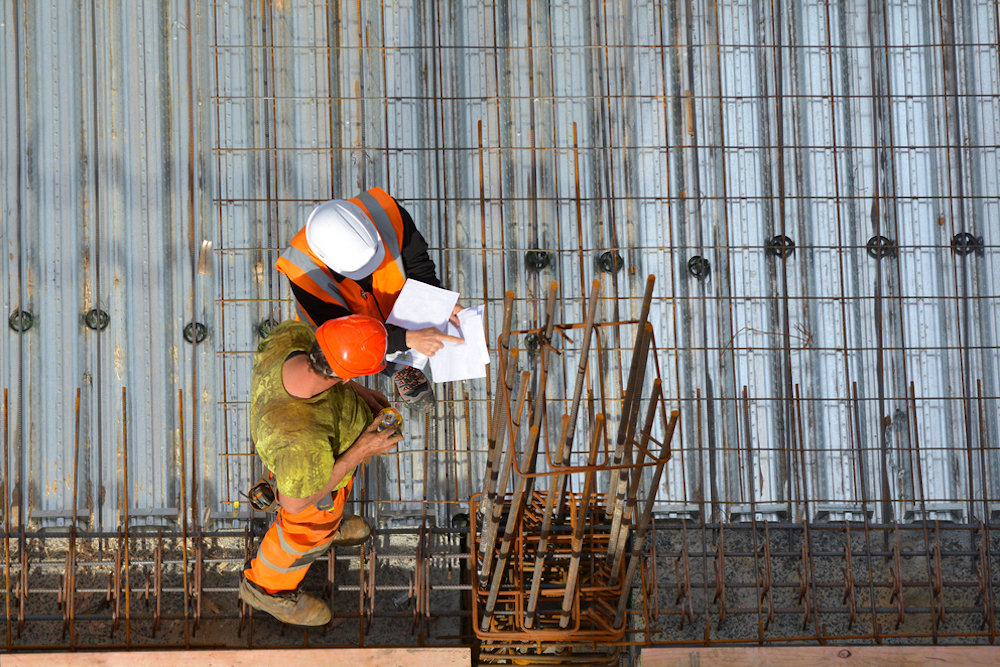
Getting a mechanics lien removed from your property title can be a frustrating experience. But, letting a lien linger in the property records can cause trouble down the line, too. With the recent changes to the state’s lien laws, removing a Louisiana mechanics lien will be easier moving forward.
Removing Louisiana Mechanics Liens Just Became Much Easier
We’ve written a lot about the recent Louisiana lien law changes lately. For property owners and developers, this might be the biggest change: having improper or expired Louisiana mechanics liens released just became much easier. Unlike some of the other changes, these are effective immediately.
There are two major changes to the lien removal process: (1) easily releasing expired liens, and (2) Removing “owners” improperly named on the lien. Note that, while most other changes under HB 203 are effective on January 1, 2020 – these changes are already effective.
Other resources on recent Louisiana lien law changes:
- Louisiana Mechanics Lien Rules Updated by Passing HB 203
- Louisiana Preliminary Notice Rules Are Changing on January 1, 2020
- New Louisiana Mechanics Lien Deadlines | Not Much Changes
Easily removing expired Louisiana mechanics liens
Expired mechanics liens can’t be enforced, but they don’t automatically disappear either. This can create a frustrating situation for property owners – their title company, a prospective purchaser’s mortgage company, really anyone who does a property search may find an old lien as a red flag, even though it should be harmless. So, even when a lien is no longer dangerous, it might continue to affect the property title.
What changed?
Under § 4833 of the Louisiana Private Works Act (the mechanics lien statute), once a Louisiana mechanics lien has expired, a property owner can now provide a written and signed application for the cancellation of the lien. Upon receipt of that application, the recorder will cancel the lien. This makes removing a Louisiana mechanics lien far easier.
This is a massive shift. Previously, in order to have a mechanics lien removed from the property, an owner might need to convince the lien claimant to release the lien themselves – even if the lien was expired! And, if the owner and claimant couldn’t cooperate to get the lien removed, the owner might’ve needed to threaten or actually initiate legal action against the claimant in order to get the lien taken off the books.
Considering title companies and mortgage companies are easily spooked (even when liens are clearly flawed or expired), this should be a welcome relief to anyone looking to sell or take a loan against property that’s been liened. And, this gives a bit more credence to those considering waiting out a lien filing to see if it will be enforced.
How will it affect Louisiana lien claimants?
This shouldn’t have a huge effect on lien claimants. After all, once the lien enforcement deadline has passed, the claim can’t be enforced anyway. If anything, this might take the burden off a lien claimant whose lien has lapsed – now, an owner (probably) won’t come calling to get an old lien removed. Rather, they’ll just do it themselves.
Removing improperly named “owners”
It’s common for a mechanics lien claimant to accidentally list an improper party as the owner of the property. Researching the property owner for a lien claim can be tough. But, if the proper owner doesn’t appear on the mechanics lien, odds are, that lien won’t be effective to do much. So, when in doubt, a lot of lien claimants decide to throw everything at the wall to see what sticks: they’ll include any party that may be an owner in order to make sure their lien won’t be invalidated because the owner isn’t present.
Not all “owners” responsible for work in Louisiana
§ 4806(a) of the Private Works Act is really broad when defining an “owner”. An owner might be any of the following: “An owner, co-owner, naked owner, owner of a predial or personal servitude, possessor, lessee, or other person owning or having the right to the use or enjoyment of an immovable or having an interest therein…” However, it’s possible that not every ownership interest should be affected by a lien claim.
It’s possible than an owner of the property isn’t responsible for the lien claim – like in a situation where a part-owner has approved work, or when the project is for a tenant or some other party who has the right to use the property. In those situations, it might not be fair to the owner to leave them as an “owner” on the lien claim. § 4806(b) and (c) work to prevent improper claims to threaten an owners title. They limit lien claims to the ownership interest of the parties who authorized the work giving rise to the lien claim.
But, what happens if an improper “owner” is named, anyway? That’s where the new §4833(A)(2) comes in.
What changed?
HB 203 created a way to have improperly named parties removed from the lien. Specifically, an owner who has been improperly named in a lien claim can now request that they be removed from the lien claim. Within 10 days of receiving such a request, the lien claimant must request that the lien – to the extent that the wrong owner was named – be canceled.
Now, the claimant need not release their entire lien claim. No, they only need to have the improperly named owner removed from the claim via a partial lien release. The remainder of the lien claim, pursuant to the last sentence of §4833(A)(2), remains intact.
How will it affect Louisiana lien claimants?
There’s an interesting foreseeable effect here. If a lien claimant only names one “owner”, when other parties have an interest in the project, and if that owner isn’t the most correct party to be listed as an owner, then the claimant might be out of luck. Sure, the lien only has to be partially released – but, if that owner is the only one on the lien, and if that owner must be removed from the lien, then a claimant may be left without an enforceable lien claim. At the same time, it’s a bad idea to file a lien with information the claimant doesn’t know is correct.
This ownership conundrum will be especially problematic for Louisiana lien claimants if the request to remove an “owner” comes after deadline to file a mechanics lien has already passed. Ultimately, that means researching property ownership is more important than ever.
Bottom line
These changes under HB 203 were pretty owner-friendly, while some others – like the updated notice requirements – skewed a little more in the direction of construction businesses. Altogether, the changes to the Louisiana Private Works Act under HB 203 were pretty balanced. Plus, lien claimants should always pay great attention to the ownership information on their liens anyway – regardless of any legislative update.
Other Louisiana resources
- How to File a Louisiana Mechanics Lien – Step by Step Guide to Get You Paid
- Louisiana Construction Payment Help Hub

